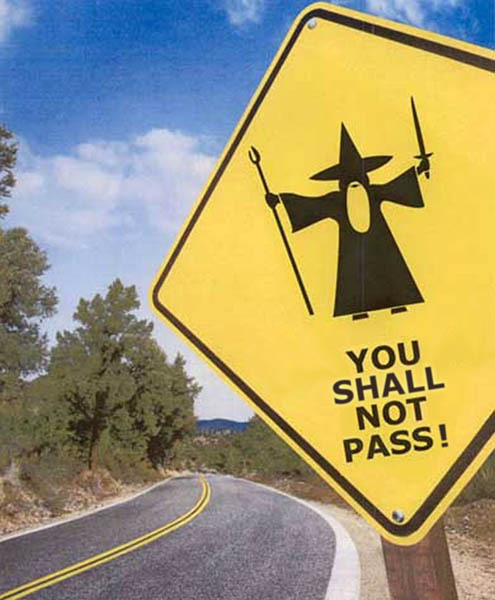
what's the difference?
Here below you have
some different [but similar] points of view
(including mine) about the use of these verbs...
=]
source: forum.wordreference.com
from a forum about this subject.
___________________________________________________________________________
1.
future tense
Tomorrow I will go to the market
= Tomorrow I shall go to the market.
expressing intention
I will lose ten pounds in weight by Christmas.
"I believe that in older forms of English,
'will' was only used to express intention and
'shall' was only used to express the future tense.
Some grammarians (perhaps for this reason) insist that
'shall' is the correct way to form the future tense, but
in modern speech 'shall' sounds a little old-fashioned and formal
(to me as a Londoner, at least), and you'll find 'will' used far more often. "
↪ (Garry Knight)
___________________________________________________________________________
2.
"My apologies to Mr. Knight for the contradiction,
and to everyone else for being so pedantic as to reawaken this [discussion] after so long,
but I just couldn't let this one go uncorrected.
Although "shall" is seldom used (at least in AE),
it is correctly used with the first person in the indicative sense,
and with the second and third person in the imperative sense.
it is correctly used with the first person in the indicative sense,
and with the second and third person in the imperative sense.
'Will' is used otherwise."↪ (C.A.Mullen)
______________________________________________________________________________________________________________________________________________________
So:
Indicative:
I shall; you will; he, she, or it will. (same for plural)
Imperative:
I will; you shall; he, she, or it shall. (again, same for plural)
and...
according to Mr.Garry,Tomorrow I will go to the market = future [ a scheduled task ]
Tomorrow I shall go to the market. = future [ a scheduled task ]
I will lose ten pounds in weight by Christmas. = intention [ a kind of "imperative to myself"? ]
↳ DECISION, maybe...
according to Mr.Mullen,
Tomorrow I will go to the market = intention [ a kind of "imperative to myself"? ]
Tomorrow I shall go to the market. = future [ a scheduled task ]
I will lose ten pounds in weight by Christmas. = intention [ a kind of "imperative to myself"? ]
↳ DECISION, maybe...
The only poit where they diverge, in my opinion,
happens when Mr. Garry doesn't see the nuance of meaning...
In "Tomorrow I'll go to the market" we
could be expressing both: a decision or a scheduled task.
Therefore, I think Mr. Mullen made his point!
___________________________________________________________________________
___________________________________________________________________________
3.
"Plus, SHALL tends to be preferred in legal documents, in British English at least,
presumably because commitments made in contracts
contain not only the idea of 'will' but "must"
and hence are to be understood in the imperative sense.
E.g. 'company A shall pay company B for the goods that company B shall supply'. "
(HiphenSpider)
___________________________________________________________________________
___________________________________________________________________________
4.
[ still about SHALL ]
"(...) It might be the technically correct thing to say but (...) you won't sound like everybody else normally sounds, so I advise foreigners to avoid that construction.
(Residente Calle13)
___________________________________________________________________________
Take a look at the examples below...
- You shall go to the ball! (would have said Cinderella's fairy godmother)
-You shall not pass! (a famous quote from Gandalf, a wizard in Lord of the Rings)
means exactly that emphatic idea: an order, a decision, an intention... (below you have a picture)


.
.
.
.
.
.
.
.
.
.
.
.
.
.
.
.
.
.
and because of that we have all these jokes...
(which you can't understand if you didn't know about Gandalf or the movie)



.
.
.
.
.
.
.
.
.
.
.
.
.
.
.
.
.
.
.
.
.
.
.


“
The biggest catastrophes that we've witnessed
rarely come from
information that is secret or hidden.
It comes from information that is
freely available and out there,
but that we are willfully blind to.” —
Margaret Heffernan
"I'M SO HORNY... BUT THAT'S OKAY: MY WILL IS GOOD" (Kurt Cobain)
__________________________________________________________________________
Ainda quer mais exemplos:
fonte: inglesnapontadalingua.com.br/shall-e-will
Observe essa frase: “Shall we dance?”
... o termo shall está sendo usado para expressar um convite.
E esse é um dos usos mais frequentes de shall nos dias de hoje.
Observe os exemplos abaixo:
... o termo shall está sendo usado para expressar um convite.
E esse é um dos usos mais frequentes de shall nos dias de hoje.
Observe os exemplos abaixo:
- Shall we go out for dinner? [Você gostaria de sair para jantar?]
- Shall we visit the park? [Você gostaria de visitar o parque?]
- Shall we go inside? [Você gostaria de entrar?]
- Let’s go out, shall we? [Vamos sair, que tal?]
- Let’s stay here, shall we? [Vamos ficar aqui, tá bom?]
- Let’s talk to daddy, shall we? [Vamos falar com o papai, ok?]
‘Shall we?‘ é neste caso a tag question de ‘let’s‘.
O sentido é: ‘que tal?’, ‘ok?’, ‘tá bom?’.
Creio que nem preciso falar mais nada sobre isso, mas
se os exemplos não são o suficiente, entre em contato comigo.
(só pra constar: nordnael@gmail.com)
=]
fonte: inglesnapontadalingua.com.br/shall-e-will
